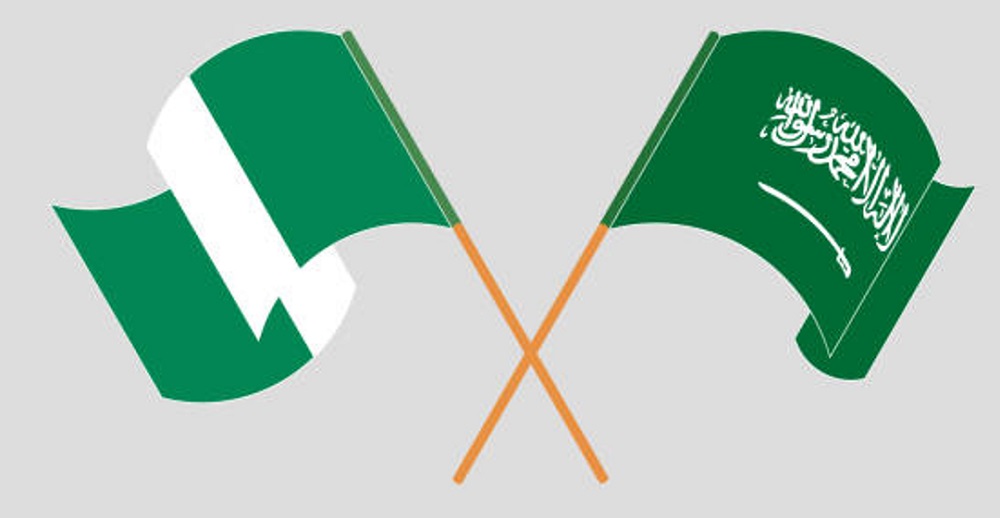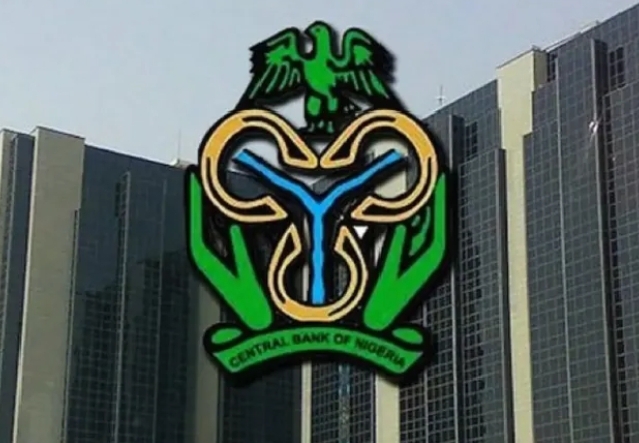News
FG engages Saudi Arabia on visa travel restrictions

The Federal Government is engaging with Saudi Arabia over the recent listing of Nigeria among nations restricted from multiple entry visas.
Saudi Arabia recently introduced new visa regulations that will impact travellers from 14 countries, restricting them to single-entry visas valid for 30 days with no option of extension.
The changes apply to tourists, business travellers and those visiting family members, while excluding applicants for Hajj, Umrah, diplomatic or residency visas.
The new regulations target travellers from Algeria, Bangladesh, Egypt, Ethiopia, India, Indonesia, Iraq, Jordan, Morocco, Nigeria, Pakistan, Sudan, Tunisia and Yemen.
But Nigeria expressed optimism that it is a temporary measure.
According to the media aide of Minister of Foreign Affairs, Mr. Alkasim Abdulkadir, the changes may not be unconnected with the upcoming Ramadan season.
He said: “Saudi Arabia has recently adjusted its visa policies, affecting travellers from Nigeria and 13 other countries. The issuance of visas is a sovereign right of each nation and Saudi Arabia has implemented these changes to better manage the influx of visitors, especially with the upcoming Ramadan season.
“Nigerian citizens are still eligible to apply for single-entry visas and thousands continue to do so daily. It’s important to note that this restriction is temporary and specifically pertains to multiple-entry visas. This policy does not prevent travellers or pilgrims from applying to visit Saudi Arabia for work or religious purposes.
“The Nigerian government is actively engaging through diplomatic channels to ensure that Nigerian pilgrims and travelers experience seamless journeys to Saudi Arabia.”
News
Rep. Ibrahim Isiaka Appointed Deputy Chief Whip of House of Reps

By Gloria Ikibah
The House of Representatives has appointed Rep. Ibrahim Ayokunle Isiaka as the new Deputy Chief Whip.
Rep Isiaka who represents Ifo/Ewekoro Federal Constituency of Ogun State under the All Progressives Congress (APC), steps into the role following the passing of the former Deputy Chief Whip, Hon. Adewunmi Oriyomi Onanuga, earlier this year.
Speaker of the House, Rep. Tajudeen Abbas, confirmed Isiaka’s appointment during Tuesday’s plenary session, stating that it followed consultations with the APC caucus and other stakeholders from the Southwest.
Prior to this appointment, Isiaka served as Chairman of the House Committee on National Planning and Economic Development. Since joining the House in 2015, he has held key positions, including Chairman of the Committee on Ecological Funds, Deputy Chairman of the House Committee on Governmental Affairs, and leadership roles in several Ad Hoc Committees.
News
More headache for Nigerians as CBN imposes N600 charge on every N20,000 withdrawn from another bank’s ATM

By Kayode Sanni-Arewa
The apex bank in Nigeria, CBN, has imposed a withdrawal charge of between N100 and N600 for every N20,000 worth of interbank ATM withdrawals.
The three free monthly withdrawals that customers enjoy on interbank ATM withdrawals.
According to a CBN circular, FPR/DIR/GEN/CIR/001/002 with title, ‘Review of Automated Teller Machine Transaction Fee,’ dated February 10, 2025, the new fees would take effect March 1, 2025.
The Apex Bank said, “In response to rising costs and the need to improve the efficiency of Automated Teller Machine (ATM) services in the banking industry, the Central Bank of Nigeria (CBN) has reviewed the ATM transaction fees prescribed in Section 10.7 of the extant CBN Guide to Charges by Banks, Other Financial and Non-Bank Financial Institutions, 2020 (the Guide)”.
The CBN said customers withdrawing at the ATM of their financial institution in Nigeria would not be charged.
“Withdrawal from another institution’s ATM in Nigeria (Not-On-Us): On-site ATMs (within bank premises): A fee of N100 per N20,000 withdrawal will apply,” the apex bank further directed.
For Off-site ATMs (outside bank premises), the apex bank said a charge of N100 plus a surcharge of not more than N500 for every N20,000 withdrawal would be applicable.
It said that international withdrawals would be based on the exact amount imposed by the international acquirer.
The CBN said, “This review is expected to accelerate the deployment of ATMs and ensure that appropriate charges are applied by financial institutions to consumers of the service.
“Accordingly, banks and other financial institutions are advised to apply the following fees with effect from March 1, 2025.”
News
Reps Urge FG to Stop Planned Telecom Tariff Increase

By Gloria Ikibah
The House of Representatives has directed the Minister of Communications, Innovation and Digital Economy, Dr. Bosun Tijani, and the Nigerian Communications Commission (NCC) to put the planned increase in telecom tariffs on hold until service quality improves.
This resolution was sequel to a motion of urgent public importance on the “NEED FOR THE NIGERIAN COMMUNICATIONS COMMISSION NOT TO APPROVE THE IMPENDING HIKE IN THE TELECOMMUNICATIONS TARIFFS”, by Rep. Obuku Oforji, member representing Yenagoa/Kolokuma Opokuma Federal Constituency of Bayelsa State on Tuesday T plenary.
Rep. Oforji recalled that after a meeting with mobile network operators in Abuja on January 8, 2025, the minister hinted at an impending tariff hike. According to him, telecom companies have been pushing for an increase, with some proposing a 100 percent hike. However, Tijani clarified that while there would be an increase, it would not be as high as 100 percent, and the NCC would determine and announce the new rates.
The lawmaker explained that telecom operators justified the planned hike by citing rising investment costs, the need for better network infrastructure, and the increasing demand for digital services in sectors such as education, banking, and healthcare.
-

 News23 hours ago
News23 hours agoAgriculture: Senator Manu embarks on another massive distribution of fertilisers to farmers(Photos)
-

 News19 hours ago
News19 hours agoDetained popular TikToker, Seaking regains freedom after Adeboye’s request
-

 News19 hours ago
News19 hours agoAppeal Court Returns APC LG Chairmen Fired By Adeleke
-

 Metro14 hours ago
Metro14 hours agoCult war left 3 d3ad in Benue, 10 nabbed in bloody clash
-

 News14 hours ago
News14 hours agoSupreme court verdict confirms Fubara has been a gross violator of our constitution – Speaker Amaewhule
-

 News17 hours ago
News17 hours agoReps Demand Action on N3.2bn Infraction Allegations in Labour Ministry
-

 Foreign14 hours ago
Foreign14 hours agoPromise fulfilled as Venezuela send planes for irregular migrants in US
-

 Politics14 hours ago
Politics14 hours ago“Their guilty conscience won’t allow them sleep”- El-Rufai hammers Tinubu’s acolytes














